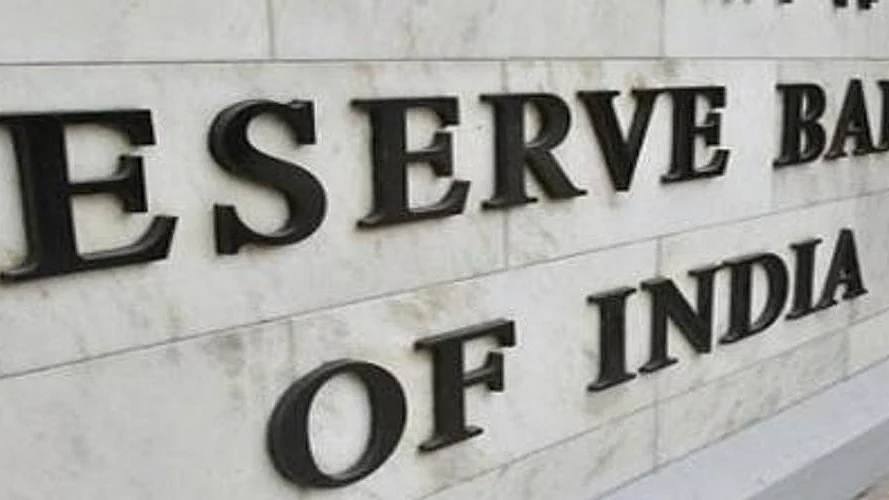Has the RBI kept a window open for further repo rate hikes?
Experts feel that the ‘withdrawal of accommodation’ stance could lead to rate hikes if inflation exceeds projections

The repo rate, which the Reserve Bank of India (RBI) uses to lend short-term cash to banks, was raised by 25 basis points (bps) on Wednesday. The Monetary Policy Committee (MPC) panel stuck to its position of withdrawing accommodation, with Governor Shaktikanta Das saying that "the outlook for the global economy does not appear as dire as it did a while ago." The rate hike decision came on a 4-2 split mandate by the panel.
In an effort to limit inflation, the RBI has chosen to tighten its monetary policy by increasing repo rates at varying rates during the past few months. RBI's decisions on the repo rate to manage the economy were influenced by the weakening global economy, particularly by observing the positions of the US Federal Reserve (Fed) and the Bank of England (BoE). Even if commodity, food, and energy prices have moderated, inflation and growth remain causes for concern as the global economy braces for a possible recession.
In its December review of monetary policy, the central bank increased the benchmark interest rate by 35 bps. In an effort to curb inflation, the Reserve Bank has boosted the short-term lending rate by 250 basis points, including today's hike.
The global economic outlook is not as bleak as it was a few months ago," Das said adding, "Growth prospects in major nations have improved, and inflation is declining, although it remains considerably above the target in key economies." The Governor stated that the rate hike of 25 basis points was deemed appropriate at this time, with monetary policy being flexible and vigilant towards inflation. The RBI predicted that retail inflation will decrease to 6.5 per cent in FY23 from 6.7 per cent in FY22, and to 5.3 per cent in FY24.
Governor Das also stated that the time has come to reflect on the evolution of monetary policy. The previous several years have seen unprecedented occurrences that have put monetary policy to the test. The RBI forecasts headline retail inflation of 5.3 per cent in 2023-24. The RBI governor also stated that the current year's Consumer Price Index (CPI) inflation prediction has been reduced by 20 basis points to 6.5 per cent. The inflation estimates assume a crude oil basket price of $95 per barrel in India.
Aditi Nayar, the chief economist at ICRA, responded that the MPC's growth prediction for the second half of fiscal year 24 was higher than their projections but comparable to their assessment of potential GDP growth. This may have contributed to the Committee's prediction of higher-than-anticipated inflation for that time, underpinning the ongoing caution reflected by the unchanged stance.
"As the posture continues to emphasise withdrawal of stimulus, the door remains open for additional rate hikes if inflation exceeds the MPC's forecasts. We anticipate the MPC to continue to be cautious and data-driven in FY24," she said.
Suvodeep Rakshit, Senior Economist, Kotak Institutional Equities was quoted by the media as saying that he expects inflation to average around 5.2 per cent in FY2024 with adverse risks to growth likely to increase. “The RBI will likely become increasingly data dependent and look at the impact of the past rate hikes on inflation-growth dynamics. We expect the RBI to pause from the next policy onwards with a likely shift in stance to neutral as the liquidity tightens further over March-April,” Moneycontrol reported quoting Rakshit.
Meanwhile, interest-sensitive real estate equities fell further on February 8 after the Reserve Bank of India's monetary policy committee upped the benchmark policy rate by 25 basis points, increasing borrowers' EMI outgo. Despite the fact that the rate hike was widely anticipated, real estate stocks continued to slump.
Follow us on: Facebook, Twitter, Google News, Instagram
Join our official telegram channel (@nationalherald) and stay updated with the latest headlines
